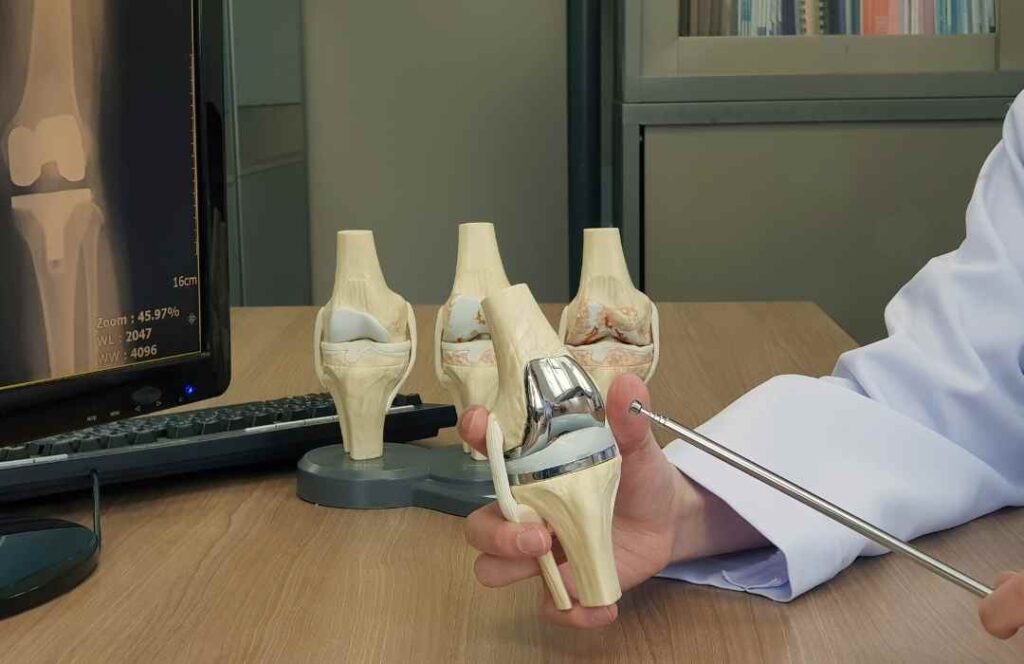
Introduction
Knee replacement surgery has transformed the lives of millions of patients suffering from severe arthritis and knee pain. When medications, injections, and physiotherapy fail to provide relief, this surgery helps restore mobility and improves quality of life. Here’s a clear guide on what patients can expect from knee replacement surgery.
When Do You Need Knee Replacement?
You may be advised surgery if you have:
- Severe pain affecting daily activities (walking, climbing stairs, getting up from a chair)
- Persistent stiffness and swelling that does not improve with treatment
- Night pain disturbing sleep
- Deformity in the knee joint (bow legs or knock knees)
The Surgical Process
- Pre-surgery: Complete health check-up, blood tests, X-rays, and patient counseling
- During surgery: The damaged bone and cartilage are removed and replaced with an artificial implant (metal and plastic parts) that mimics a natural knee joint
- Duration: Surgery usually takes 1–2 hours under anesthesia
Recovery & Rehabilitation
- Most patients are encouraged to walk with support within 24–48 hours
- Physiotherapy plays a crucial role in restoring movement and strength
- Exercises focus on bending, strengthening thigh muscles, and regaining balance
- Patients generally return to daily activities in 6–8 weeks with consistent rehab
Results
- More than 90–95% of patients experience significant pain relief
- Mobility improves, allowing patients to walk longer distances and enjoy daily life
- Implants are durable, lasting 15–20 years or more with proper care
- Many patients regain the ability to sit cross-legged and perform light exercises
